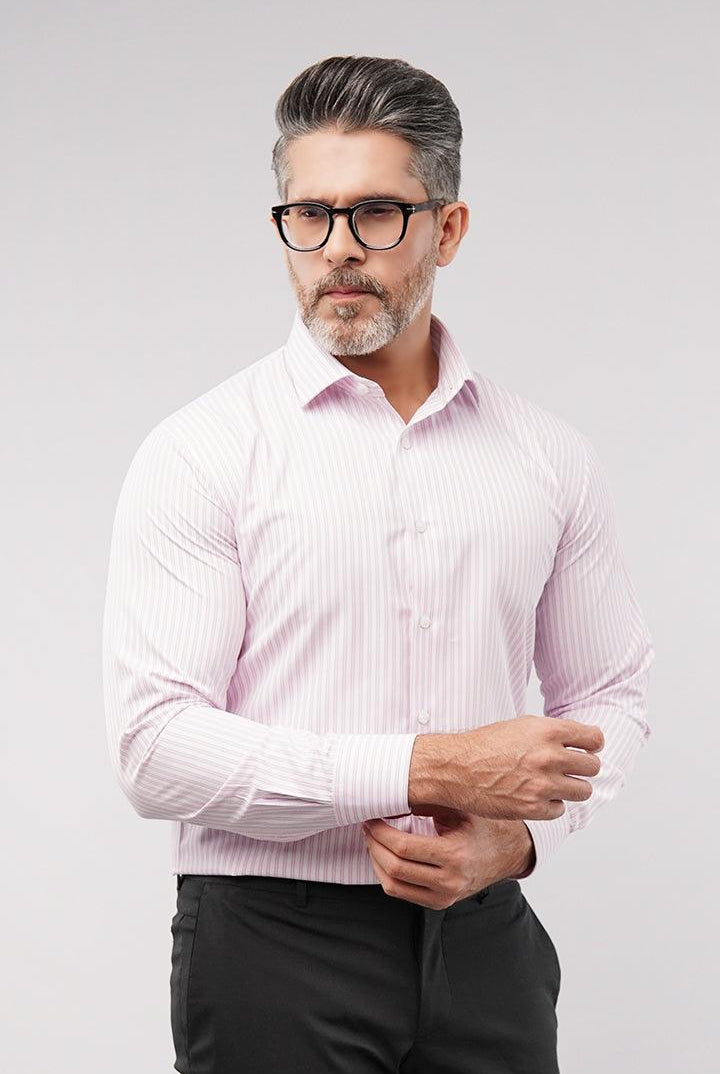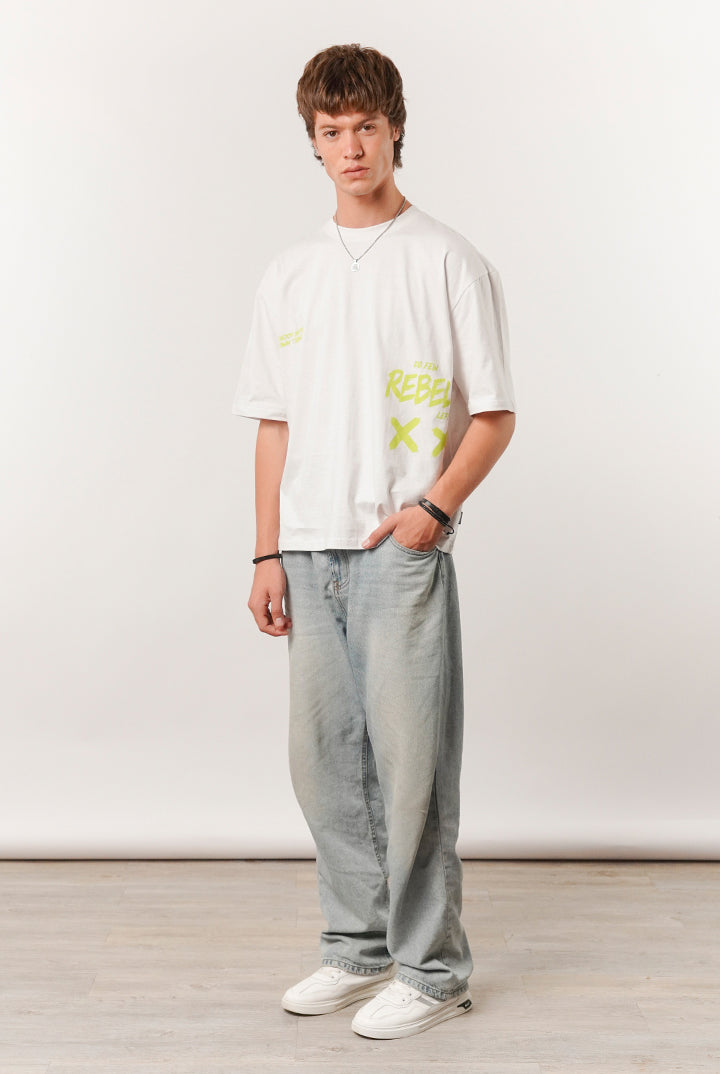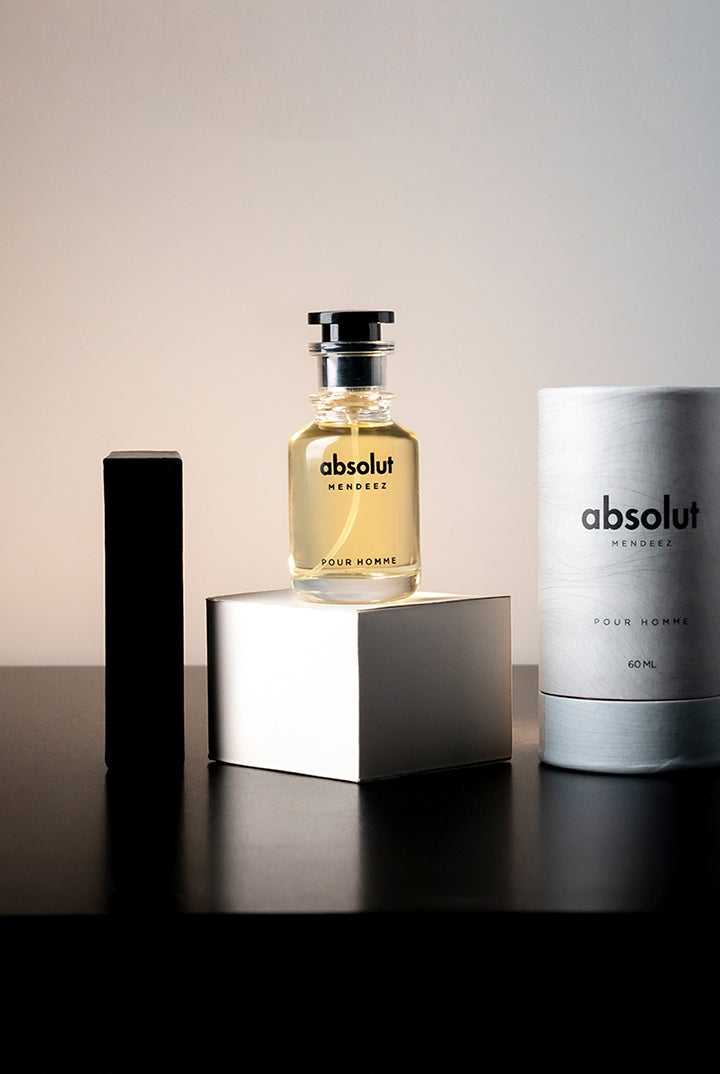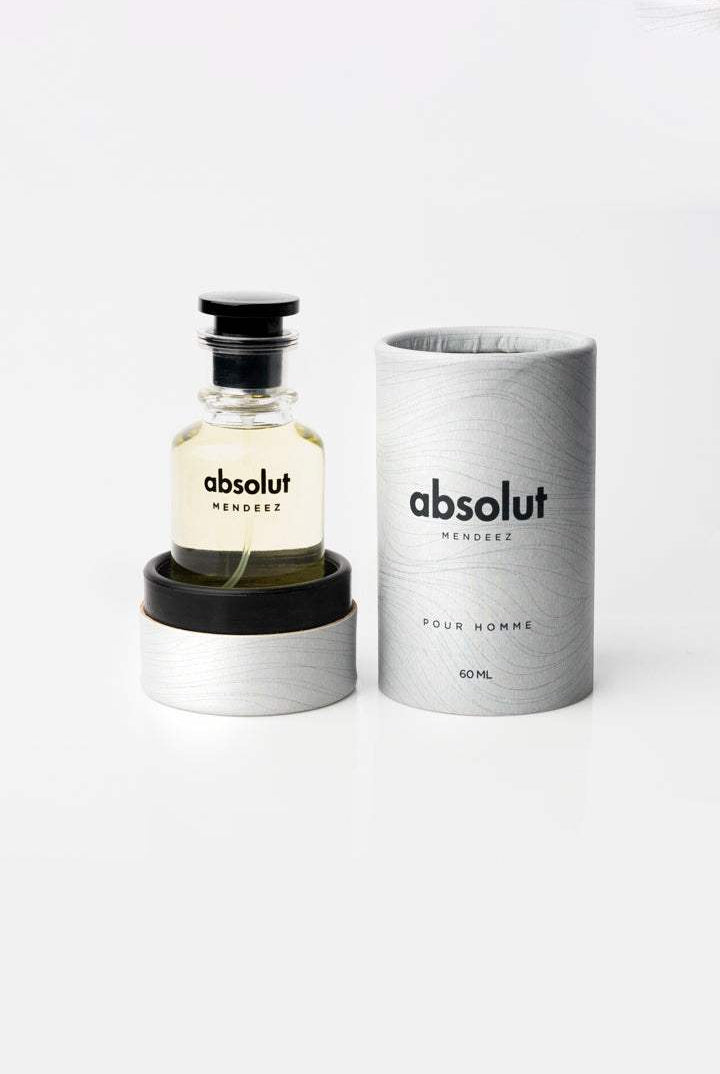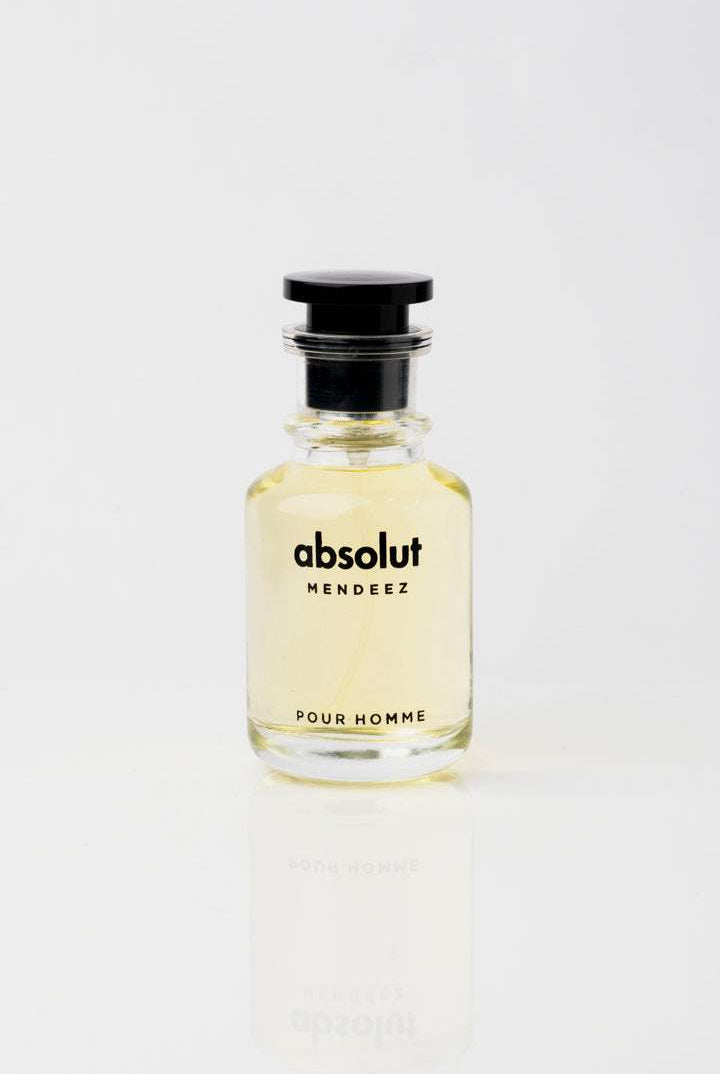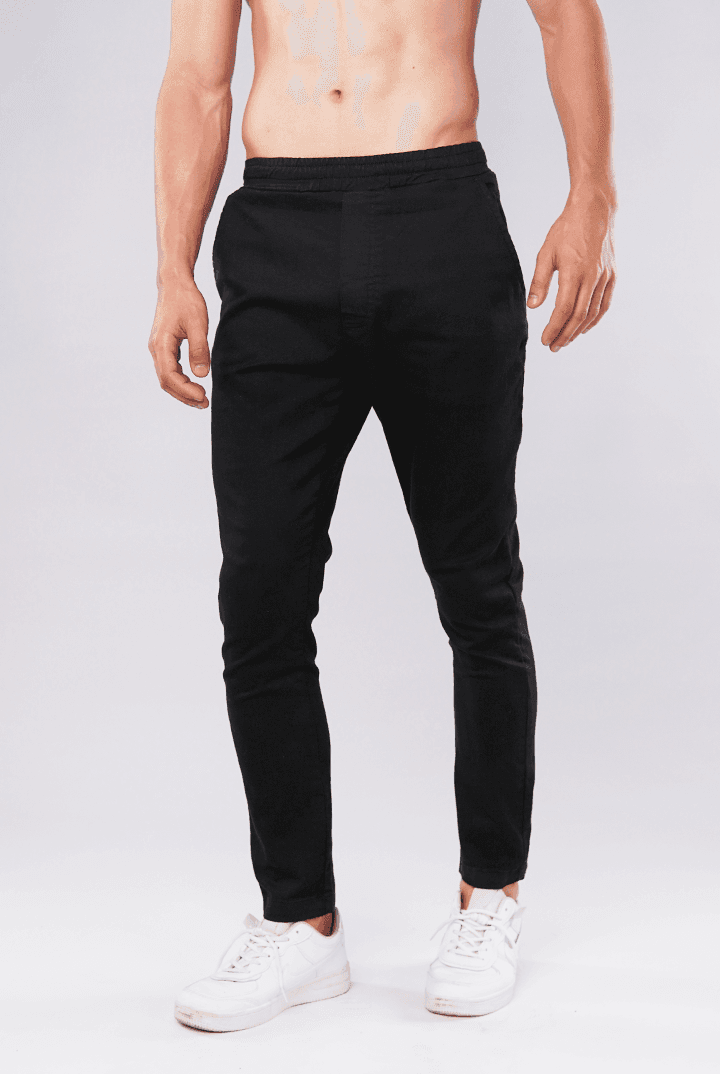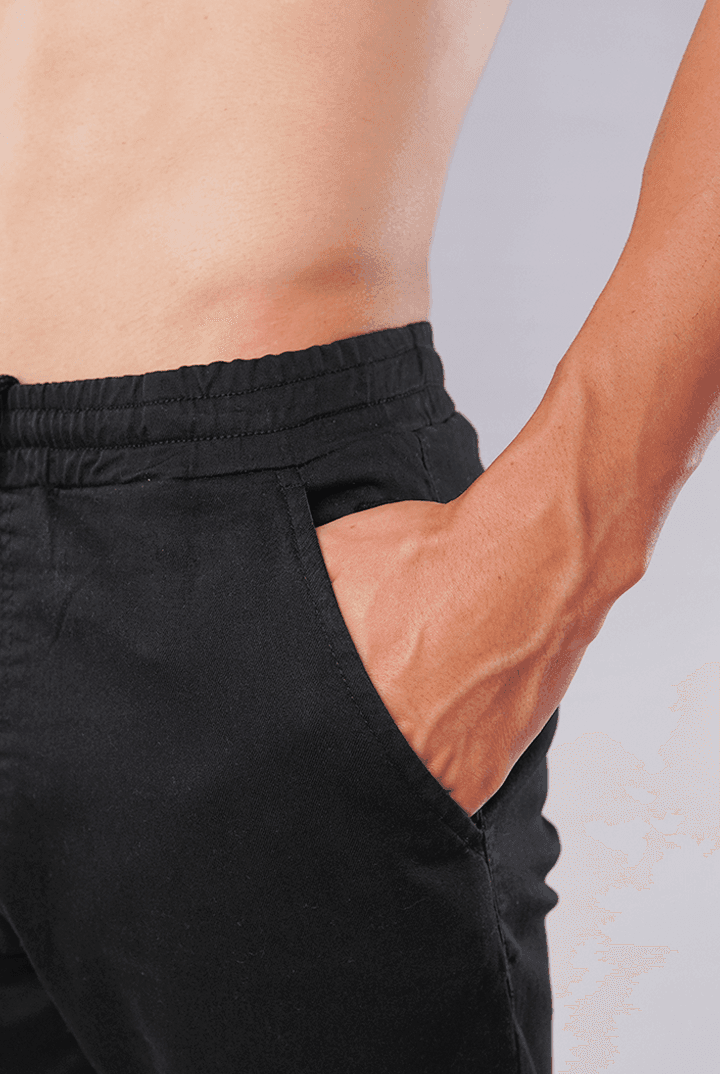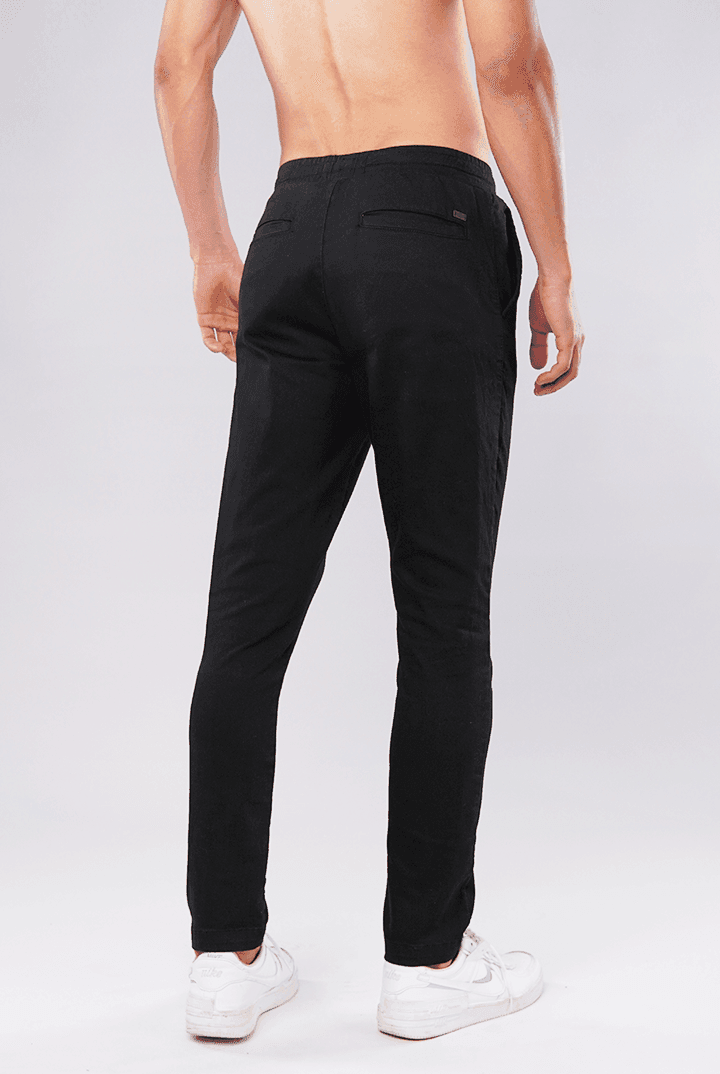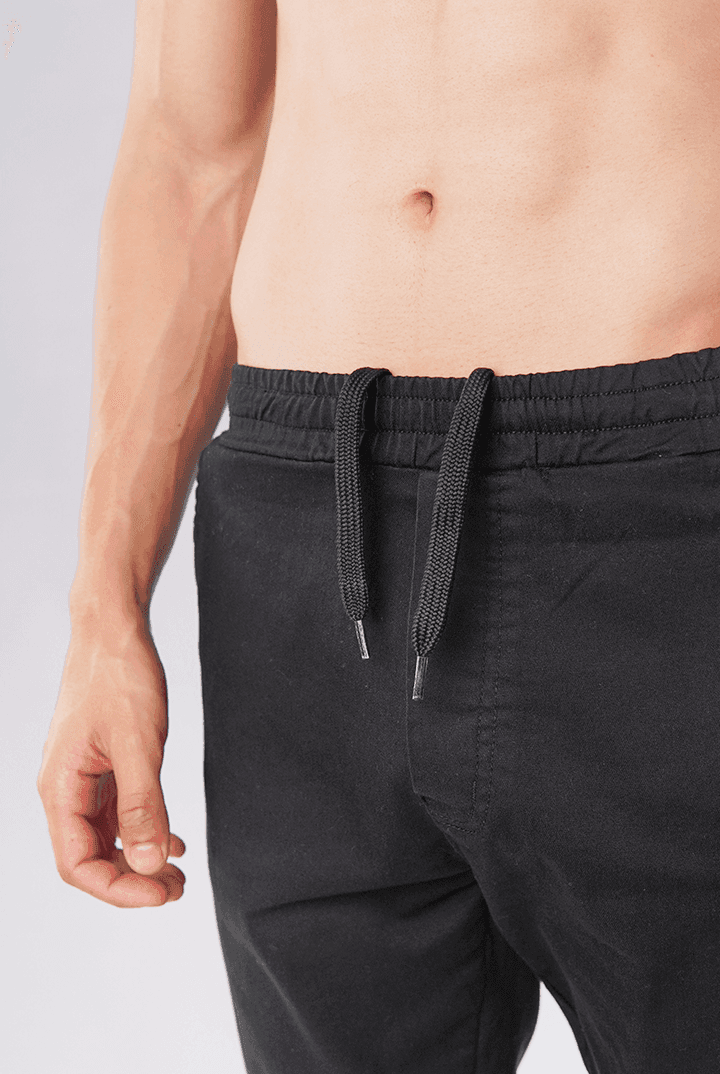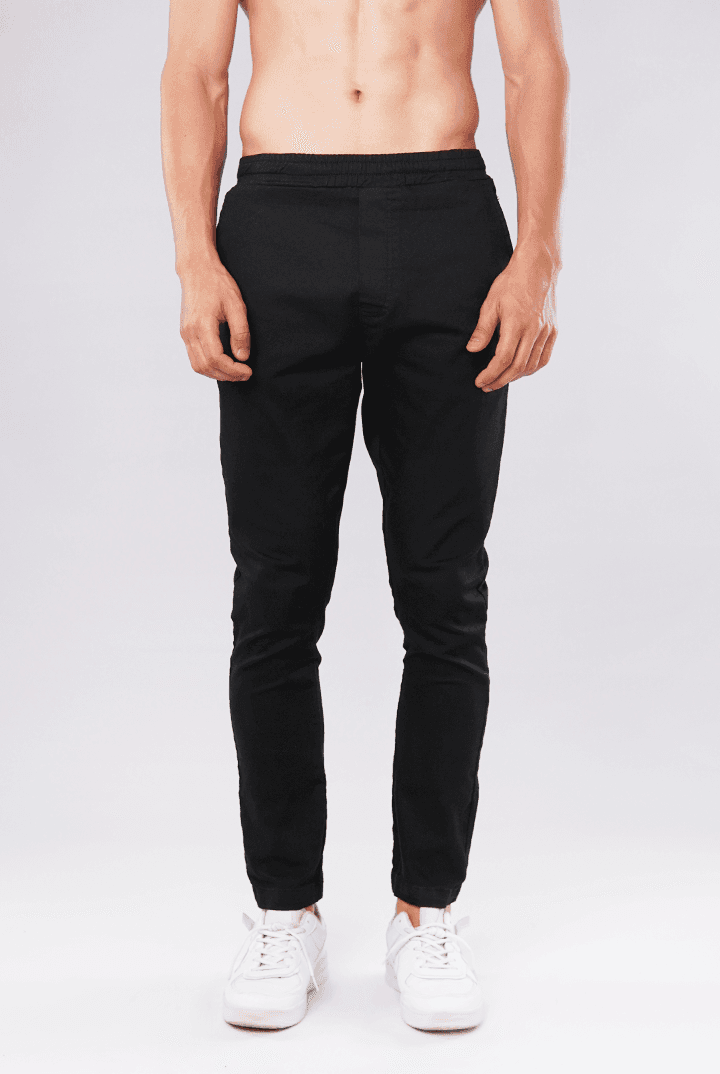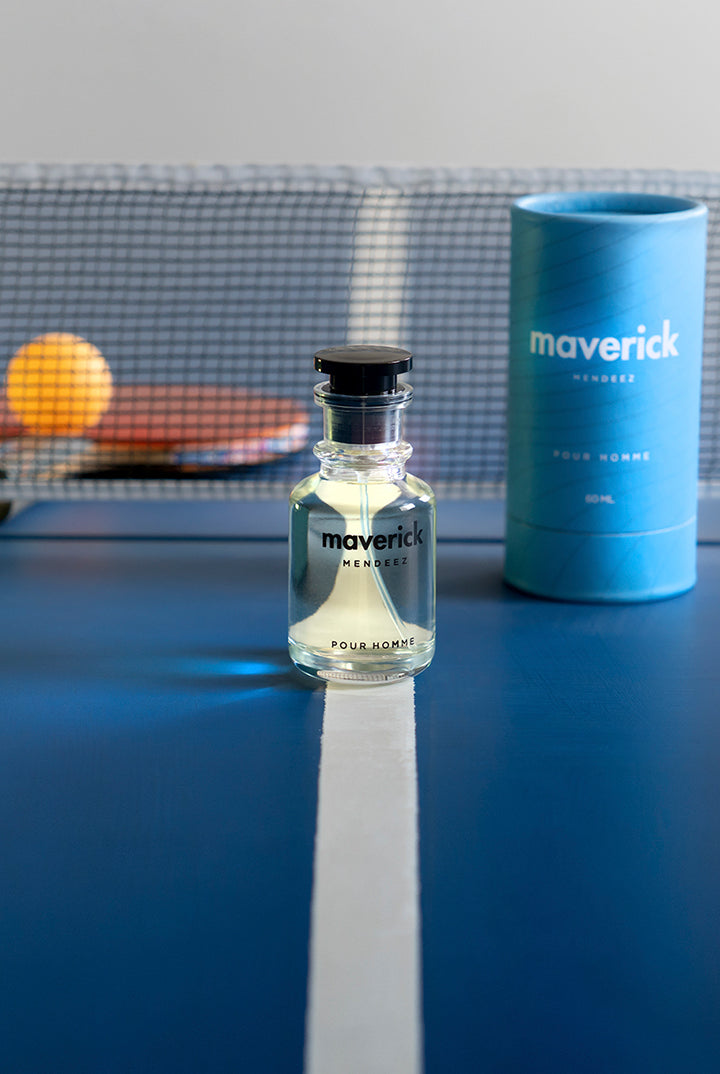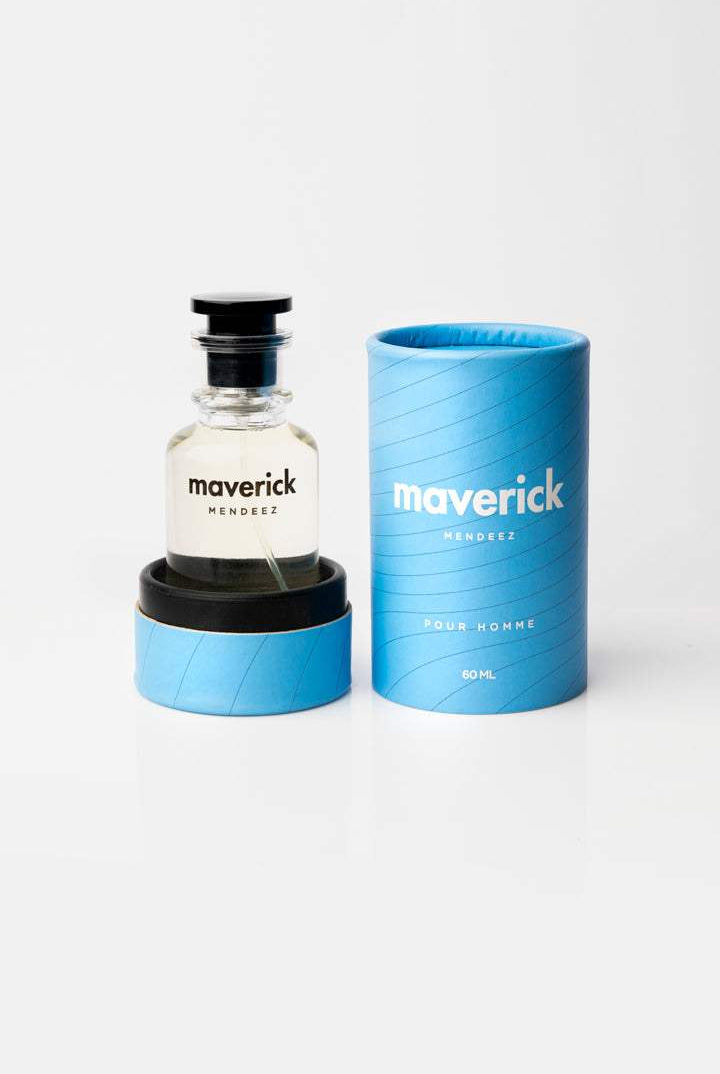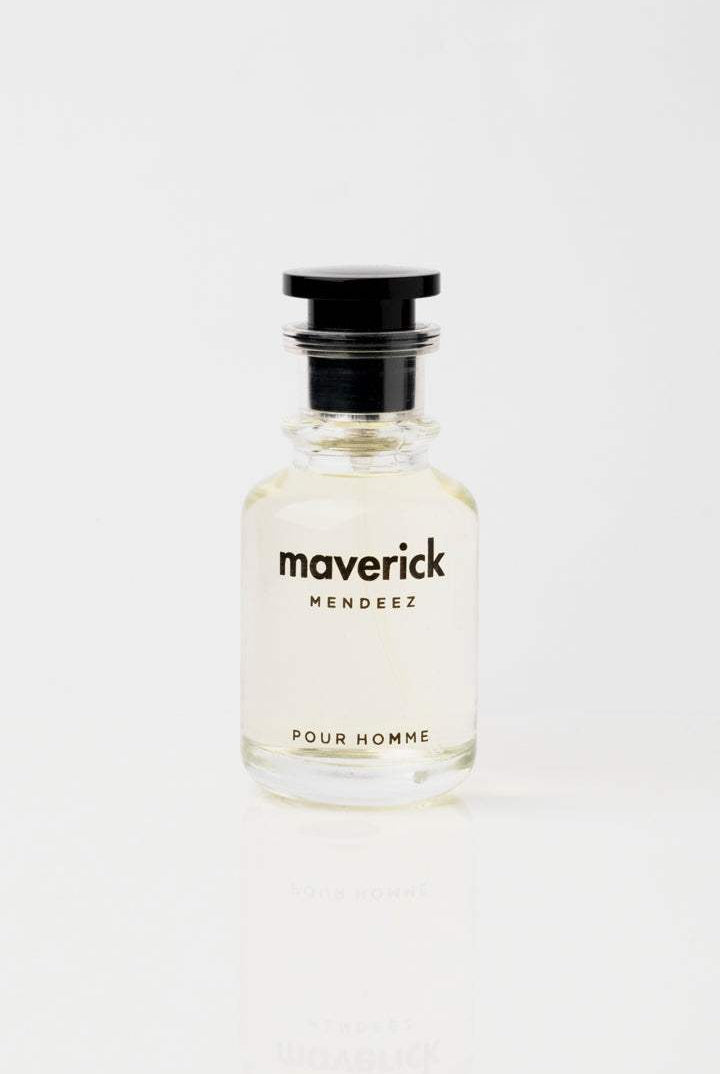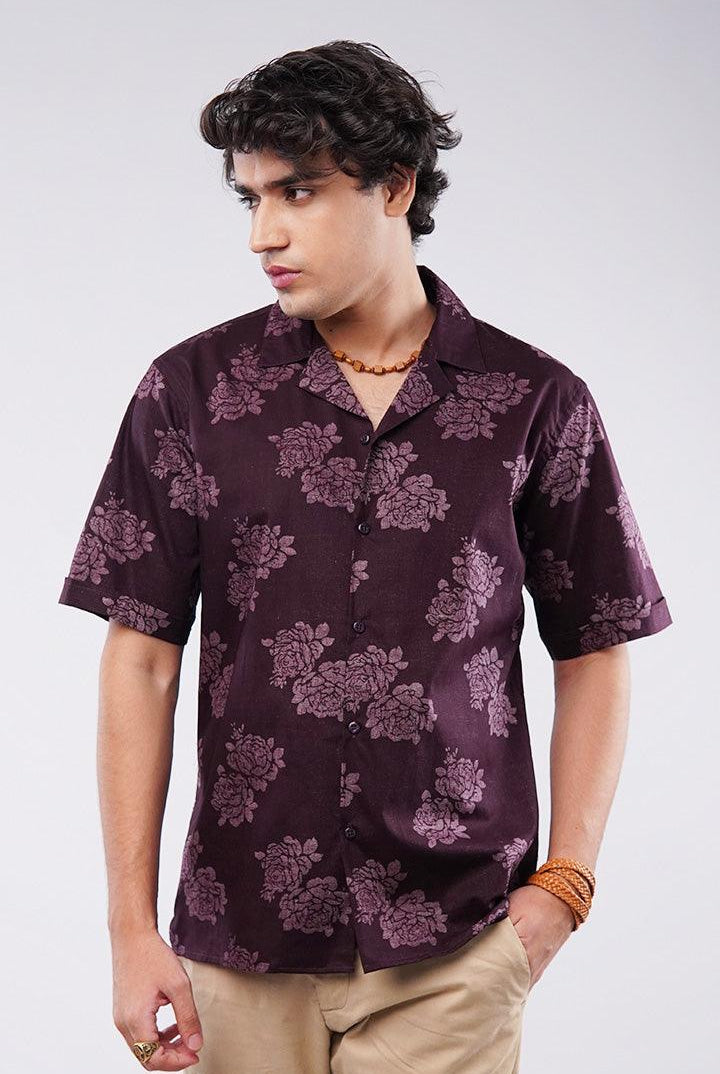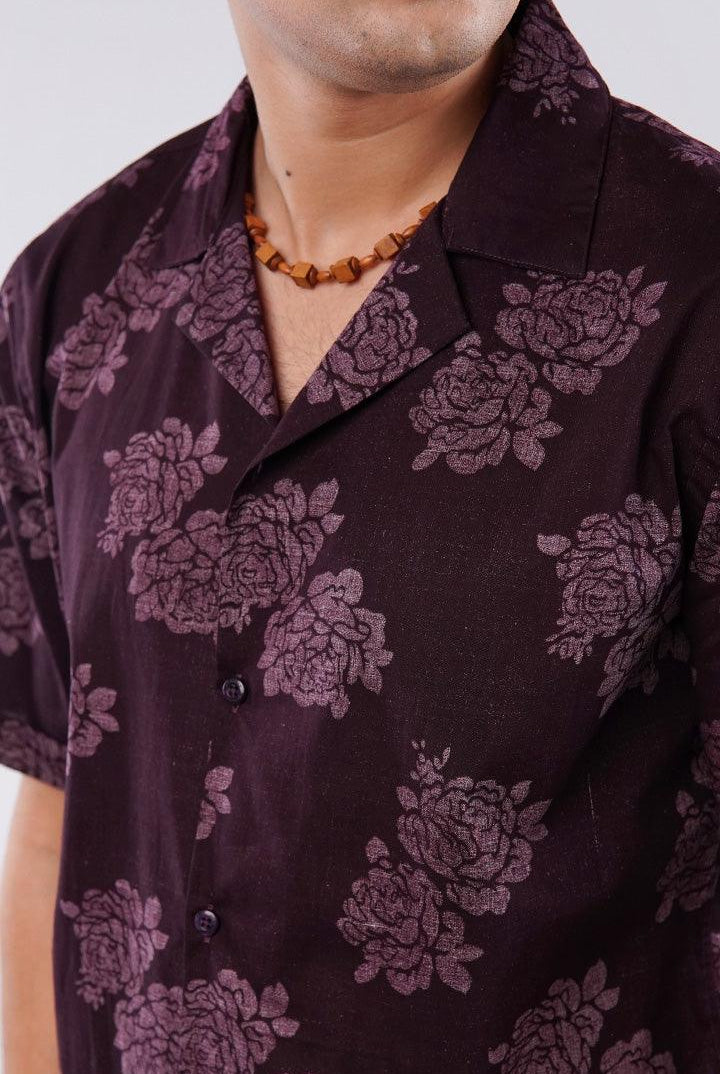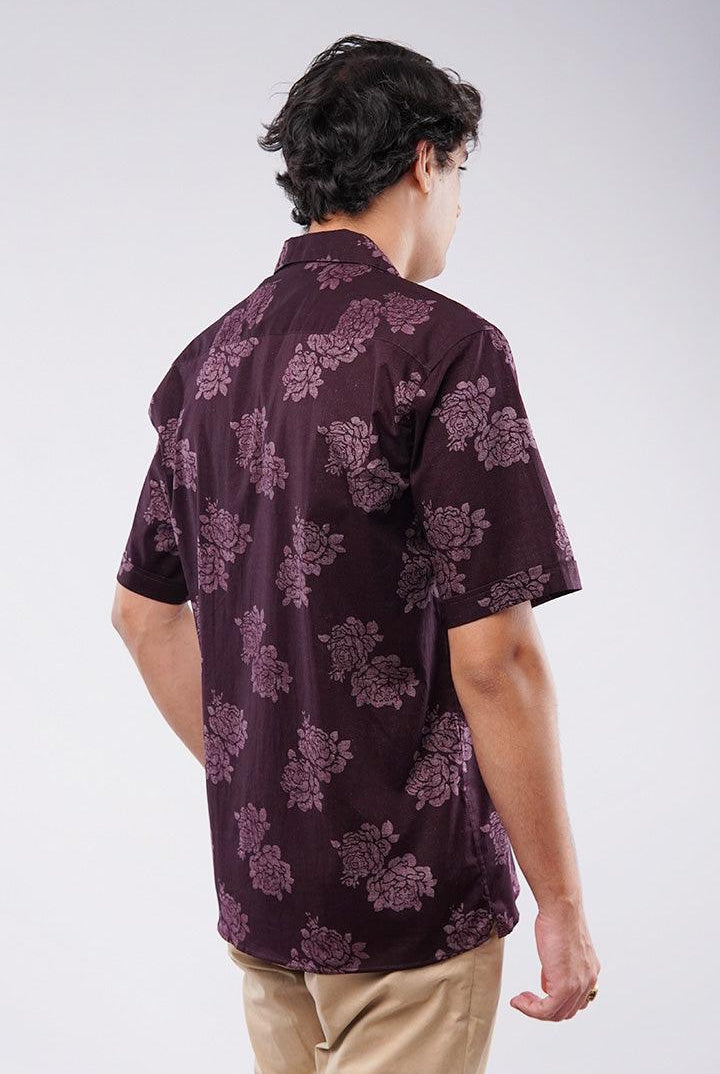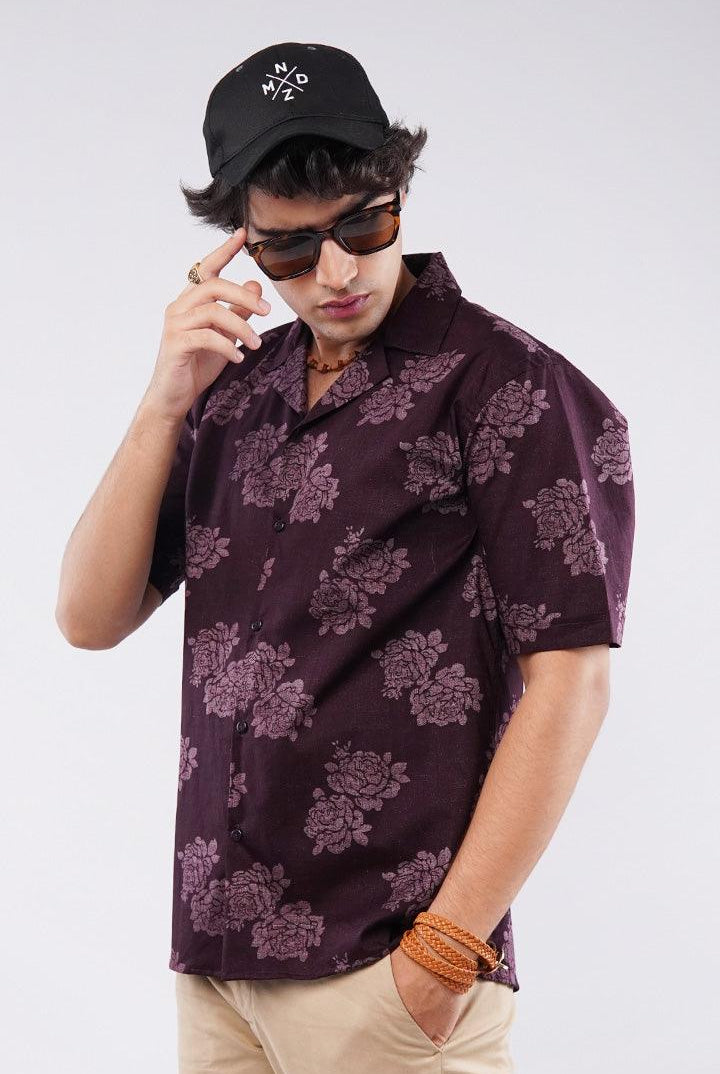Beanie cap for men, those snug and stylish head accessories, have become a staple in many wardrobes, especially during colder seasons. However, a recurring concern among individuals who frequently don this fashion item is whether wearing a beanie can lead to hair loss. In this exploration, we'll delve into the intricacies of hair growth, dispel common myths, and assess the potential impact of beanies on your precious locks.
Understanding Hair Growth
Before diving into the beanies for men - hair loss debate, let's first understand the basics of hair growth. Various factors influence this cycle, including genetics, nutrition, and overall health.
Genetics: Your family history plays a significant role in determining how fast your hair grows and how long it stays in each phase.
Health and Nutrition: Eating a balanced diet with essential vitamins and minerals supports overall hair health.
Hormones: Hormonal changes, such as those during puberty, pregnancy, and menopause, can affect hair growth.
Age: As you get older, the rate of hair growth may slow down, and hair follicles may become less active.
Stress and Illness: Physical or emotional stress, as well as certain illnesses, can impact the hair growth cycle.
Hair Care Practices: Overuse of styling tools, harsh chemicals, or tight hairstyles can damage hair and affect its growth.
Dispelling Common Myths
One prevailing beanie pakistan myth suggests that wearing beanies contributes to hair loss. However, from a scientific perspective, the direct link between donning a beanie cap and experiencing hair loss is not well-supported. It's crucial to separate fact from fiction and examine the evidence behind such claims.
The Role of Circulation
Circulation refers to the flow of blood through our body, carrying oxygen and nutrients to various cells, including those in our skin and scalp.
Wearing a Cap:
A beanie cap pakistan is a snug-fitting hat made to cover the head. When you wear a beanie, it can have both positive and negative effects on circulation in the scalp.
Positive Aspects:
Warmth: Cap Shop Online can provide warmth, especially in cold weather. Keeping your head warm can help maintain comfortable blood flow to the scalp.
Protection: Beanies can protect your hair and scalp from harsh weather conditions like wind and cold, preventing potential damage.
Negative Aspects:
Tightness: If a beanie is too tight, it may restrict blood flow to the scalp. This can lead to discomfort and, in extreme cases, affect the health of your hair follicles.
Heat Retention: Caps for Men Online shows warmth is beneficial, excessive heat retention from wearing a beanie for extended periods may not be ideal, as it could lead to sweating and potentially affect the scalp.
Tips for Healthy Circulation
Choose the Right Size: Ensure your beanie is not too tight; it should comfortably cover your head without causing pressure.
Take Breaks: If possible, give your scalp breaks by removing the beanie periodically, especially if you've been wearing it for an extended time.
Maintain Cleanliness: Keep your scalp and hair clean to promote a healthy environment, even when wearing a beanie.=
Material Matters
Not all bennie cap are created same, and the material plays a significant role in their impact on hair health. Choosing beanies made from breathable and non-abrasive fabrics can mitigate potential issues. Exploring the world of beanie materials will help you make informed choices for both style and hair care.
Frequency and Duration of Use
Daily Use:
Wearing a beanie and winter cap for men daily is generally fine, especially in cold weather, to keep your head warm and protected. However, it's crucial to pay attention to how tight the winter caps pakistan is to avoid potential issues with blood circulation to the scalp.
Intermittent Use:
If the weather permits, mens caps pakistan consider giving your scalp breaks by not wearing a beanie every day. Alternating between beanie use and days without can help prevent any prolonged pressure on the scalp.
Avoid Prolonged Continuous Use:
It's advisable not to wear a caps online pakistan and beanies continuously for excessively long periods without breaks. Extended use, especially if the beanie is too tight, may lead to discomfort and potentially affect scalp health.
Duration of Use:
Short Durations:
For brief outings or activities in the cold, a short duration of beanie use is usually sufficient to keep your head warm.
Extended Durations:
If you plan to wear a beanie for an extended period, ensure it's not too tight to avoid restricting blood flow to the scalp. Taking short breaks during extended use can help maintain scalp health.
Tips for Healthy Use:
Choose the Right Size: Select a beanie that fits comfortably without being too tight. This helps prevent pressure on the scalp.
Take Breaks: If you're wearing a beanie for an extended period, consider taking breaks to allow your scalp to breathe.
Maintain Cleanliness: Keep your scalp and hair clean, especially if you're wearing a beanie regularly. Clean hair promotes a healthy scalp.
Adjust Based on Comfort: If you experience any discomfort, adjust how often and how long you wear a beanie. Listen to your body's signals.
Hairstyle Choices and Hair Loss
While beanies themselves may not directly cause hair loss, certain hairstyles combined with beanie use can contribute to tension and pulling on hair follicles. Understanding the impact of hairstyles on overall hair health is crucial for those who enjoy accessorizing with beanies.
Maintaining a Healthy Scalp
Regardless of beanie use, maintaining a healthy scalp is vital for promoting optimal hair growth. Implementing simple scalp care routines and choosing hairstyles that prioritize comfort and health can complement your beanie-wearing habits.
1. Regular Washing:
Washing helps prevent dandruff and keeps your scalp clean.
2. Balanced Diet:
Nutrients like vitamins A, C, and E, along with biotin and omega-3 fatty acids, contribute to a healthy scalp. Stay hydrated by drinking enough water.
3. Gentle Hair Care:
Be gentle when washing and brushing your hair. Use a wide-toothed comb to avoid pulling and damaging your hair. Avoid excessive heat styling and harsh chemicals that can harm your scalp and hair.
4. Scalp Massages:
Massage your scalp regularly to stimulate blood circulation. This can promote hair growth and contribute to a healthy scalp. Use your fingertips in circular motions, and it can also be a relaxing experience.
5. Protection from the Sun:
Protect your scalp from the sun's harmful rays by wearing a hat or using a sunscreen designed for the scalp. Sunburn on the scalp can be uncomfortable and potentially damaging.
- Avoiding Tight Hairstyles:
Avoid hairstyles that pull tightly on your scalp, as they can lead to breakage and even cause conditions like traction alopecia. Opt for looser styles to reduce stress on your hair follicles.
7. Regular Trims:
This helps maintain the overall health of your hair and prevents damage from spreading.
8. Manage Stress:
Stress can contribute to hair problems. A healthy mind often correlates with a healthy scalp and hair.
9. Avoiding Overuse of Products:
Limit the use of styling products and avoid overloading your hair with chemicals.
10. Regular Check-ups:
If you notice any changes in your scalp or hair health, consult with a healthcare professional or dermatologist for personalized advice.
Personal Experiences
Anecdotal evidence varies, with some individuals reporting no adverse effects from wearing beanies, while others may have experienced issues.
Consulting Experts
Seeking advice from physicians and hair specialists might help you obtain a more thorough knowledge.
Practical Tips
For those who love their beanies but want to prioritize hair health, implementing practical tips can make a significant difference. Adjusting habits, taking breaks from beanie use, and incorporating scalp massages into your routine are effective strategies.
Conclusion
In the grand beanie-hair loss debate, it's crucial to approach the topic with a balanced perspective. While excessive and prolonged wearing caps for men pakistan may have some impact, the evidence linking beanies directly to hair loss is limited. By making informed choices in caps for sale in pakistan, frequency, and hairstyle, you can enjoy your beanies without compromising your hair health. Shop caps brands in pakistan through Mendeez and find exciting offers.
FAQs
Are all caps bad for hair health?
Not necessarily. Choosing beanies made from breathable materials and avoiding prolonged, tight fits can minimize potential negative effects.
Can wearing a cap every day lead to hair loss?
While daily use may have some impact, the key is moderation. Taking breaks and maintaining a healthy scalp can mitigate potential issues.
Do certain hairstyles worsen the impact of caps on hair health?
Yes, tight hairstyles combined with beanie use can contribute to tension on hair follicles. Opting for looser styles is recommended.
Should I consult a specialist if I'm concerned about beanie-related hair loss?
If you have persistent concerns, consulting a dermatologist or hair specialist can provide personalized advice based on your unique situation.
What other factors contribute to hair loss, aside from beanies?
Stress, poor nutrition, genetics, and certain medical conditions can also contribute to hair loss. A holistic approach to hair care is essential.

